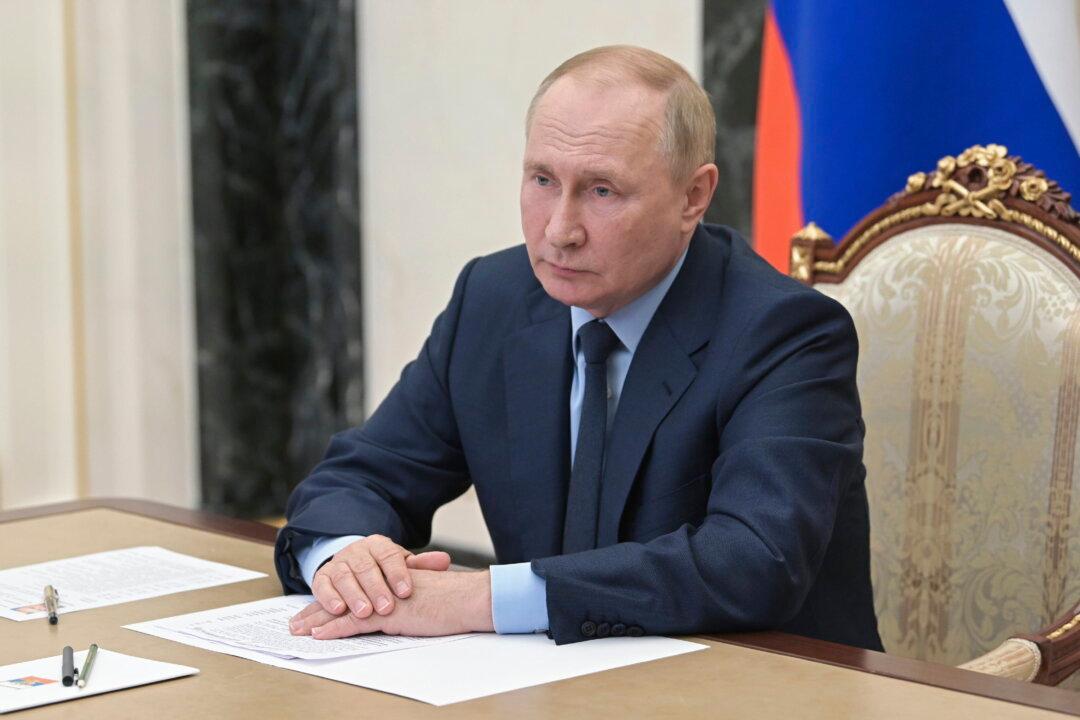The Russian Federation’s economy has shown some measure of resilience in the face of Western sanctions as Russia’s invasion of Ukraine is now in its seventh month, although the future remains uncertain for the federation, as the sanctions take their toll on the lives of ordinary Russians.
The nations of North America and Western Europe responded in the days and months that followed the invasion on Feb. 24, with a series of economic sanctions intended to incapacitate the Russian economy. While these sanctions have indisputably had an effect, some experts say that the economy has proven somewhat resistant to economic isolation, suggesting that Russia may be in a better fiscal position than many expected when the sanctions went into effect.





